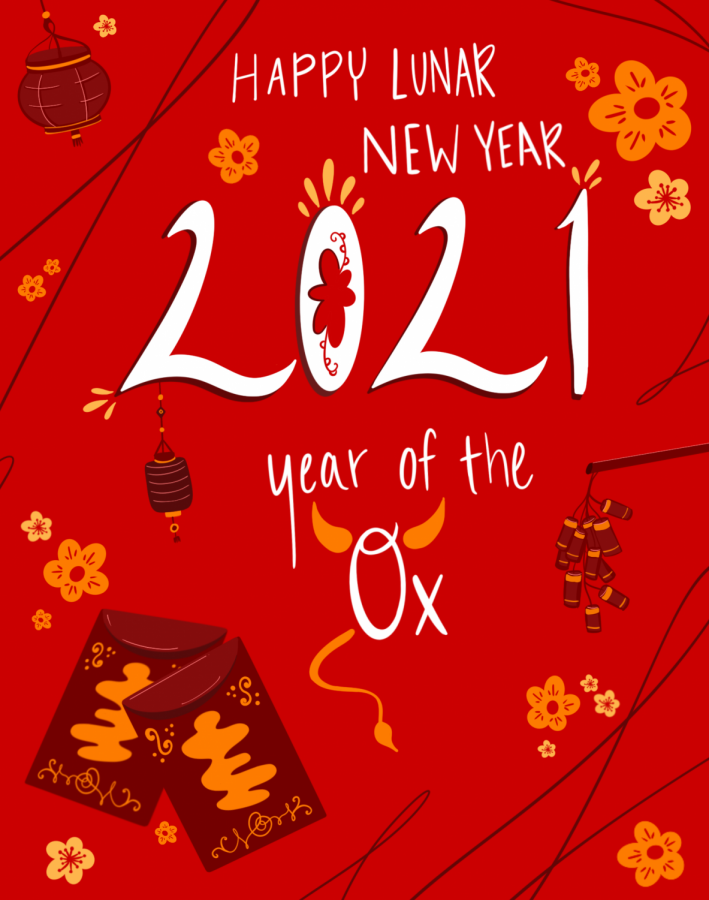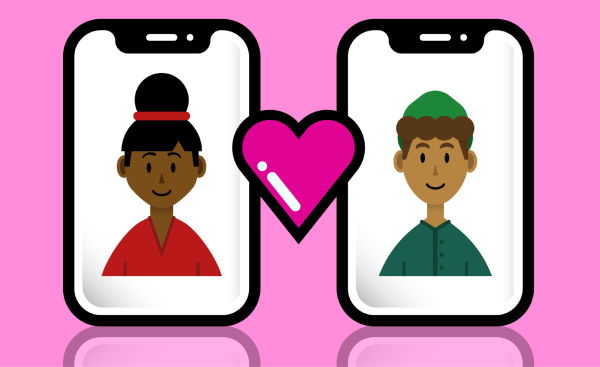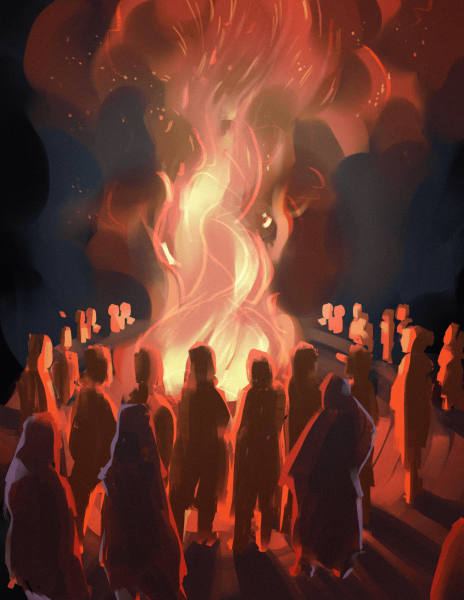Welcoming the Celebrations of Lunar New Year
February 15, 2021
With all the traditions and celebrations of Lunar New Year coming around, it’s important to learn more about the holiday and how it will be observed differently this year.
The Lunar New Year, which is most commonly associated with Chinese New Year and Spring Festival, usually falls sometime between January 21 and February 20. This year this holiday occurred on Friday, Feb. 12.
The Lunar New Year isn’t only celebrated in China, which is a common misconception in America as it’s mostly associated as Chinese New Year. The reason for this belief is due to how the majority of Asians who live in the U.S. are Chinese. As it is celebrated here, the festivities occur over the course of fifteen days. The holiday is celebrated in several other countries across Asia including South Korea and Singapore. In Vietnam, it’s alternatively known as Tết, and in Tibet, it’s known as Losar.
Oregon State University’s Chinese Students and Scholars Association President Karl Zhang said a tradition his family has during the New Year is a reunion. All his relatives would gather at his grandparents’ house and prepare a dinner or go out to eat on the eve of the holiday. He said his family would also take lots of pictures together.
“As the oldest person in the family, my grandfather always needs to say some New Year wishes and words to everyone before meals,” Zhang said. “Then, the family will watch the Spring Festival Evening in front of the TV together and wait for midnight because in the north we have to eat dumplings at midnight, which symbolizes reunion. To us as a child, it was the happiest thing to go out and set firecrackers after midnight to celebrate the New Year.”
Ruixuan Wang, OSU’s CSSA secretary, would celebrate Lunar New Year with her family in similar ways. She said at her family’s reunion dinner, lots of delicious food would be cooked. The elders would be greeted and give red packets to the younger ones. After dinner, her family also watches the Spring Festival Gala on TV.
“My favorite part is giving out red envelopes and making dumplings, because when making dumplings, a few coins are put in the dumplings,”Wang said. “If you eat a coin while eating dumplings, it will prove that you will be lucky and get rich next year.”
An important traditional part of Lunar New Year are the red envelopes filled with money that are popularly distributed. These red pockets are traditionally gifted from elders or parents to children. This custom came out of a tradition of using coins as a gift to ward off evil spirits. Around the holiday, you’ll also often see a calligraphy character on a square of red paper hung in a diamond shape. This Chinese symbol means good luck, and that good fortune is coming soon to pour down on you.
This year is different from before with how many people, like Zhang and Wang, are unable to return home for Lunar New Year. They both stayed in the U.S. and did not go back to China to celebrate with their families. Wang said she still ate dumplings on New Year’s Day, but didn’t receive a red envelope compared to previous years. Safety is important this year with COVID-19, people cannot leave to reunite with their relatives in their hometowns, or can only return for a short time.
“Therefore, people who reunite with their families will cherish this time more, and the care between family members will be more precious than ever,” Zhang said.
Lunar New Year will look different this year with the pandemic still affecting the U.S. and Asia. Even so, the holiday is purely focused on family reunions and seeing relatives you haven’t seen in a while. Unfortunately, festivals have been canceled around the world and many families will have to adjust their festivities to the current circumstances.
Wang said if China Night were still being held, an event put on annually at OSU, people would be willing to participate in the event. Since we’re still in a pandemic, OSU is not hosting the festivity this year. China Night was usually an event that gave everyone a feeling of New Year while making everyone feel at home.
For 2021, the Chinese zodiac animal representing the year is the ox. Being an ox means that you’re diligent, gentle, hardworking and patient. Some other animals include the rat, tiger, rabbit, dragon, snake, horse, goat (or sheep), monkey, rooster, dog and pig. Each animal is associated with certain personality traits based on the year you were born. There is a mythology behind the order of the Zodiac animals that the Jade Emperor from Chinese folklore chose these animals to be in a race to see who would be designated what sign on the lunar calendar. The twelve animals were then placed in order based on when they finished the race.
In a variety of Asian countries, the Lunar New Year is celebrated in many different ways depending on the location and culture. In South Korea, Lunar New Year is celebrated over a big feast. Tteokguk is a rice cake soup served as a special treat because it resembles coins. Beautiful scrolls filled with blessings are hung on their doors to honor their ancestors.
In Indonesia, red decorations are hung up over stores and businesses, which are closed during the holiday, and people buy flowers and citrus trees as gifts for friends and relatives. Lunar New Year used to be banned in Indonesia until 2002, when Indonesians and Chinese immigrants were now allowed to celebrate.
An exciting part of a Lunar New Year parade are the traditional dances and gymnastic performances. A lion dance typically features two performers inside the costume where they operate the creature’s front and back legs. Firecrackers and fireworks are frequently set off throughout the holiday by families on the streets. Like red envelopes, these are more ways people cast away evil spirits.
There are many superstitions during this time. Some try to attract good fortune for the new year while protecting against bad luck to come. Curiously, cutting your hair is something you should avoid doing because it’s believed you are severing connections to your family during a time of togetherness. Wearing red is important to attract luck, as opposed to wearing black or white which is associated with mourning. Another activity to avoid is doing your laundry on the first or second day of the new year. You’re also not supposed to sweep, as you run the risk of ridding your house of wealth and luck.
Again, Lunar New Year is widely celebrated in many Asian countries, and isn’t just known as Chinese New Year like it is here. This special season is an important start of the year in cultures in which these unique traditions are observed.



















